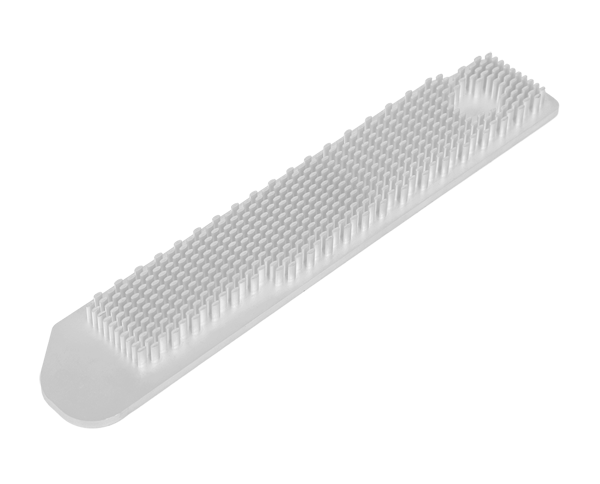2025-03-07 hits:0 source:News

Aluminum die - castings are widely used in various industries, and their safety is a crucial aspect that cannot be overlooked. In terms of mechanical safety, aluminum die - castings offer several advantages. Aluminum has a relatively high strength - to - weight ratio. This means that for a given weight, aluminum die - cast parts can withstand significant mechanical loads. For example, in the automotive industry, aluminum die - cast components such as engine blocks and transmission housings are used. These parts need to endure high pressures and forces during the operation of the vehicle. The strength of aluminum die - castings ensures that they can perform their functions reliably without fracturing or deforming under normal operating conditions.
However, like any material, there are potential safety concerns. If the die - casting process is not properly controlled, defects such as porosity, cracks, or inclusions may occur. Porosity can reduce the mechanical strength of the casting, making it more prone to failure under stress. To mitigate this, manufacturers employ strict quality control measures. Non - destructive testing methods, such as X - ray and ultrasonic testing, are commonly used to detect internal defects in aluminum die - castings. By identifying and rejecting defective parts, the overall safety of the final products is enhanced.
In terms of chemical safety, aluminum is generally considered safe for many applications. It is resistant to corrosion in many environments due to the formation of a thin oxide layer on its surface. This oxide layer protects the underlying metal from further oxidation and chemical attack. For example, in outdoor applications, aluminum die - cast parts such as lamp posts and signage can withstand exposure to moisture and air for long periods without significant degradation. However, in some specific chemical environments, such as highly acidic or alkaline solutions, aluminum can react. In such cases, appropriate coatings or surface treatments are applied to the die - castings to prevent chemical reactions and ensure safety.
Moreover, when considering the use of aluminum die - castings in consumer products, there are also concerns about potential leaching of aluminum ions. Although the risk is relatively low in normal use, in applications where the aluminum part comes into contact with food or beverages, strict regulations are in place. For example, in the European Union, there are specific directives regarding the migration of metals from food - contact materials. Manufacturers must ensure that their aluminum die - cast products meet these standards to safeguard consumer health.
Read recommendations:
lf you have any questions or comments, you can leave us a message and we will reply to you as soon as possible
